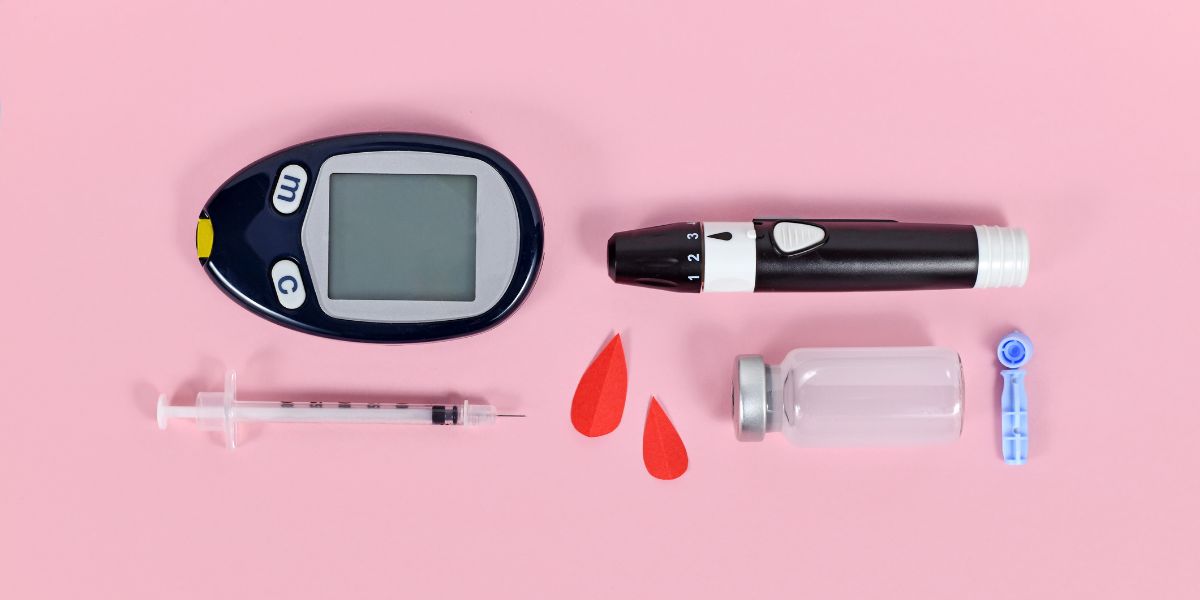Blood glucose testing is one part of managing your diabetes successfully.
Testing your blood glucose both before and after a meal allows you to see how that meal affects your blood glucose levels and helps you to understand which meals may be best for your blood glucose control.
- Page 1: Pre and Post Meal Testing [You are here]
- Page 2: Patient perspectives and forum threads
The most powerful influence on blood glucose levels comes from food. Whether you have type 1 or type 2 diabetes , the peak blood glucose levels are often likely to occur around two hours after meals.
What is pre and post meal blood glucose testing?
Pre and post meal testing allows you to see how your meal and, where relevant, your medication for that meal affects your blood glucose levels
Post-prandial blood glucose measurements are commonly taken two hours after you have eaten.
Pre-prandial and post-prandial means the same thing as before meal and after meal testing.
Why is pre and post-prandial testing useful?
If you test only before meals or only after meals, you don’t get to see how your levels are actually being affected by the meal itself.
The advantage of testing in so called ‘pairs’ of before and after meal tests is that you can see how much your sugar levels have gone up (or even down) between meals.
If your blood glucose levels tend to rise to high numbers after meals, it can leave you feeling tired and also could increase your likelihood of developing complications so there’s very good reasons behind testing before and after meals.
Some people may be put off by seeing high after meal readings but this can represent a chance to re-evaluate your diet or meal choices or to discuss your regime with your doctor or consultant.
What do pre-prandial blood glucose levels show?
What the pre-meal test results show may differ slightly for people with type 1 and type 2 diabetes
Type 1 diabetes: Pre-meal tests are a good way of seeing whether you have injected the right size of dose for your previous meal. If it’s a pre-breakfast test, the result will show you whether your insulin to carbohydrate ratio was correct overnight.
If you have injected too little insulin, you will see your pre-meal results are higher than they should be before your next meal. If you have injected too much, your test results will be too low before your next meal. If you have questions about insulin dosing , write these down and discuss these with your healthcare team.
Type 2 diabetes: Your pre-meal tests can provide an indication of how well your body is coping, with support from any medication , with your previous meal. If you have high results, it may indicate that either the carbohydrate you are eating is too much or that your medication may not be adequate.
If you have questions about your results and what they may be showing, ask your healthcare team.
What are the recommended pre-meal blood glucose levels?
The NICE guidelines for pre-meal blood glucose level targets are:
- Type 2 diabetes: 4 to 7 mmol/l
- Type 1 diabetes: 4 to 7 mmol/l
- Children with type 1 diabetes: 4 to 8 mmol/l
What influences post-prandial blood glucose levels?
Your post-prandial blood glucose levels will largely be influenced by the meal you have eaten, the type and dose of medication you take and how sensitive your body is to insulin. Most people with diabetes can expect to see a rise in blood glucose levels for their after meal results.
The NICE guidelines state the following post meal blood glucose level targets:
- Type 2 diabetes: under 8.5 mmol/l
- Type 1 diabetes: under 9 mmol/l
- Children with type 1 diabetes: under 10 mmol/l
You may want to discuss your personal targets with your healthcare team.
What if my test strips are limited?
If the number of test strips you can have is limited, it makes making the most out of the test strips you have all the more important.
You may not need to test before and after every meal, but any pair results you can take will greatly help your understanding of how the meals are affecting your levels.
Page 1 of 2: Patient perspectives on Pre and Post Meal Testing >>





